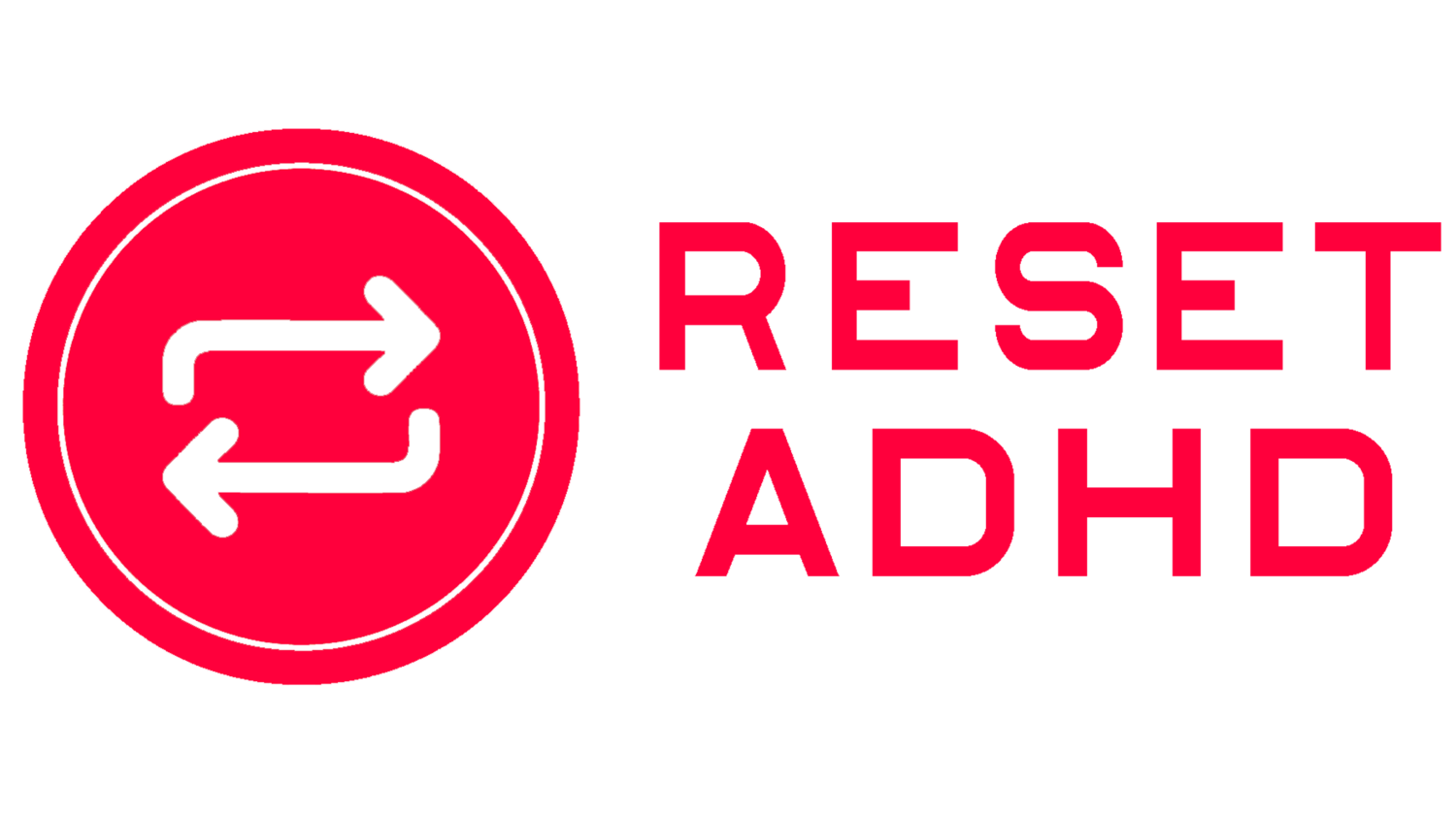What ADHDers Can Learn from Sherlock Holmes
As longtime readers of this blog may have surmised, I am a giant nerd. I have previously written blogs about what ADHDers can learn from some of my favorite fictional stories and characters. One glaring omission from this series of blog posts is my second-favorite fictional character, Sherlock Holmes. While Holmes probably does not have ADHD, he nevertheless can be a neurodiverse icon, with it being incredibly likely that he is on the spectrum. I believe the character illustrates many ideas that the ADHDer might do well to consider. The consulting detective of Sir Arthur Conan Doyle’s novels and short stories is known as the most portrayed character on film and TV. However, my musings will be based on the totality of his depiction with a heavy emphasis on the canonical writings of Conan Doyle.
Use Your High-Powered Brain
Sherlock Holmes undoubtedly has a high-powered brain. He uses it in his work to solve mysteries and notice what others do not. It provides him with an advantage. Those of us with ADHD have high-powered brains. Most of us do not have the same brain-powers that Holmes does, but we do think quickly and make connections others do not. If we lean into the unique characteristics of our brains, we can do amazing things. What can you do with your high-powered brain?
Keep Your Brain Active
Sherlock Holmes’ brain races. It is always running. When he does not have a case to apply his mind to, he goes stir crazy. He turns to drugs to dull his senses. In the BBC show Sherlock starring Benedict Cumberbatch, he even goes so far as to shoot the wall. This is something that can happen to those of us with ADHD. We need to keep our brain active to provide it with the dopamine that helps our brains be happy and well-behaved. If we do not keep our brains active, we turn to destructive behaviors like drugs, picking a fight with a loved one, thrill-seeking, etc. To keep ourselves (and others) safe, we need to keep our brains active with healthy sources of dopamine.
Find (or Create) a Job That Works for You
Sherlock Holmes would get himself fired if he worked in an office. He could have any job he wants; he has the intellect to conquer whatever field to which he sets his mind. Yet, he chose to be a detective. Moreover, he chose to be a consulting detective, a job he invented. He is not an amateur sleuth; the police enlist his help when they are stumped. This is what sets his brain on fire. He needs to be solving mysteries and does not like when things do not make sense. This is a job where he can set things right and can gain understanding of a world where things do not often make sense to the untrained eye. He can be an inspiration to those of us with ADHD. He found work that works for him; we too need to find work that works for us. Those of us with ADHD can stagnate in the wrong job, leading to work difficulties. We need to find work that stimulates us and gives us the dopamine we need. Finding the right job is crucial for those with ADHD. It allows us to be in an environment where the characteristics of ADHD are, not burdens, but strengths.
Enlist Help When Needed
Sherlock Holmes often works alone and states his desire to avoid people. However, he has his trusty sidekick Doctor John H. Watson. Doctor Watson is there to provide help as needed. Holmes often uses him for a sounding board when he needs to think out loud (as many of us with ADHD do). Additionally, when Holmes needs someone to do work that needs doing covertly, he enlists the help of the “Baker Street Irregulars,” known in the BBC’s Sherlock as the “homeless network.” He uses aids even though he has an outstanding intellect. Even his high-powered brain needs help every once in a while. So too, do we ADHDers need help. Reaching out to others for help can allow us to solve our problems faster and in ways that places less of a burden on us. In short, asking for help and delegation are key tools in an ADHDer’s toolbox.
Book your FREE Reset ADHD session and see how coaching can help you.
